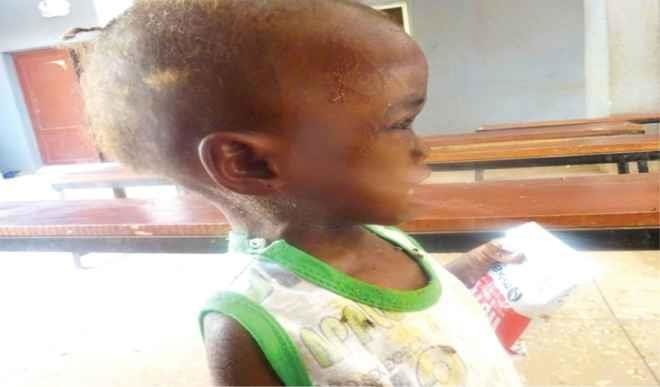Ongoing insurgency is driving up the level of malnutrition across the north east, field studies have shown.
Data from the United Nations Children’s Fund indicate global acute malnutrition in the region has crossed the threshold for “serious”.
World Health Organisation classification for serious is reaerved for levels of combined moderate and acute malnutrition exceeding 10 in 100 children.
Levels of malnutrition crossed the threshold in central Borno, municipal Maiduguri, Jere as well as north, central and south Yobe.
Northern Yobe has a higher proportion of children malnourished.
14 in 100 children in the area have weights too small for their height. Another 11 in 100 measured too thin for their height.
Death among children aged under five is higher in central Yobe, as high as three in 100 children.
Insurgency is only one factor driving malnutrition in the region, according to UNICEF.
It has destabilised farming and food security for households.
Feeding of infants and young children is suboptimal.
Increasing spread of endemic diseases like cholera has worsened nutrition status in the region.
And programmes targeting children with moderate acute malnutrition are inadequate.
Across the three worst-affected states of Borno, Yobe and Adamawa, one in six children suffer severe acute malnutrition, compared with one in seven in other northern states.
One in two children in the three states suffers chronic malnutrition, compared with one in five across the rest of the country.

 Join Daily Trust WhatsApp Community For Quick Access To News and Happenings Around You.
Join Daily Trust WhatsApp Community For Quick Access To News and Happenings Around You.


